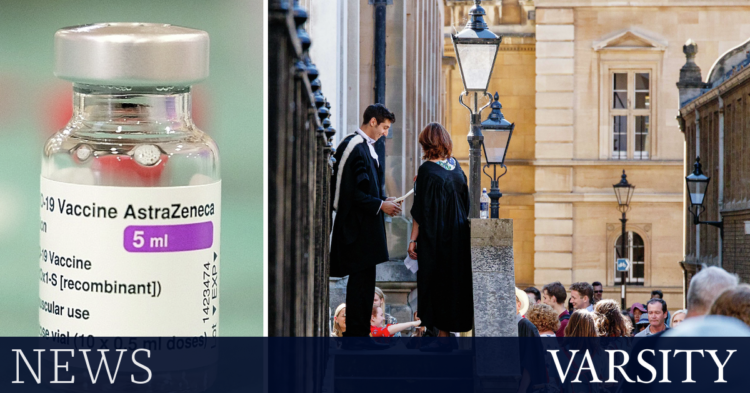By Emily Caulkett-
AstraZeneca will fund 55 more PhD’s at the University of Cambridge, the University has announced.
The Cambridge based pharmaceutical company, responsible for developing one of the world’s first Covid-19 vaccines, has funded more than 100 PhD students at the University over the last 20 years for top research in the area of disease
Among the notable findings was the discovery by researchers in John O’Neill’s group, in the LMB’s Cell Biology Division, and Peter Newham at AstraZeneca, that the mechanism whereby circadian rhythms within heart cells play a functional role in changing heart function.
The new agreement will help students working across disciplines and sectors, while helping them hone their translational and
Meanwhile, the MRC Laboratory of Molecular Biology in Cambridge has agreed to an additional $4millon – around £3.2m – funding to extend its Blue Sky research collaboration with AstraZeneca beyond 2022.
Launched in 2014, the collaboration has prompted pre-clinical research projects that encourage an open-minded approach to fundamental biology and disease.
Researchers in Roger Williams’ group, in the LMB’s PNAC Division, and structural biologist Chris Phillips, at AstraZeneca, revealed the first three-dimensional structural model of ataxia-telangiectasia mutated (ATM), which is a key regulator of the DNA damage response signalling pathway and target for cancer therapies.
Researchers in Manu Hegde’s group, in the LMB’s Cell Biology Division, and AstraZeneca’s then associate principal scientist Ana Narvaez uncovered one pathway responsible for disposing of unusable proteins that are produced in high quantity in cancer cells owing to their mutated and rearranged genomes.
Kathryn Chapman, the University’s point of contact with AstraZeneca said: “Cambridge University and AstraZeneca see the future of medicine happening at the intersection of different disciplines, where biological understanding of disease processes and the chemistry of how drugs work, meets engineering and artificial intelligence.”
Professor Andy Neely, pro-vice-chancellor for enterprise, added: “Training the next generation of brilliant scientists who are able to collaborate with colleagues in different disciplines and with industry partners will be critical to getting new treatments to patients.”
Each student will have both an academic and industry supervisor and gain access to AstraZeneca’s new Discovery Centre, home to more than 2,200 scientists on Cambridge biomedical campus.
Image: WIKIMEDIA COMMONS/LOUIS ASHWORTH




